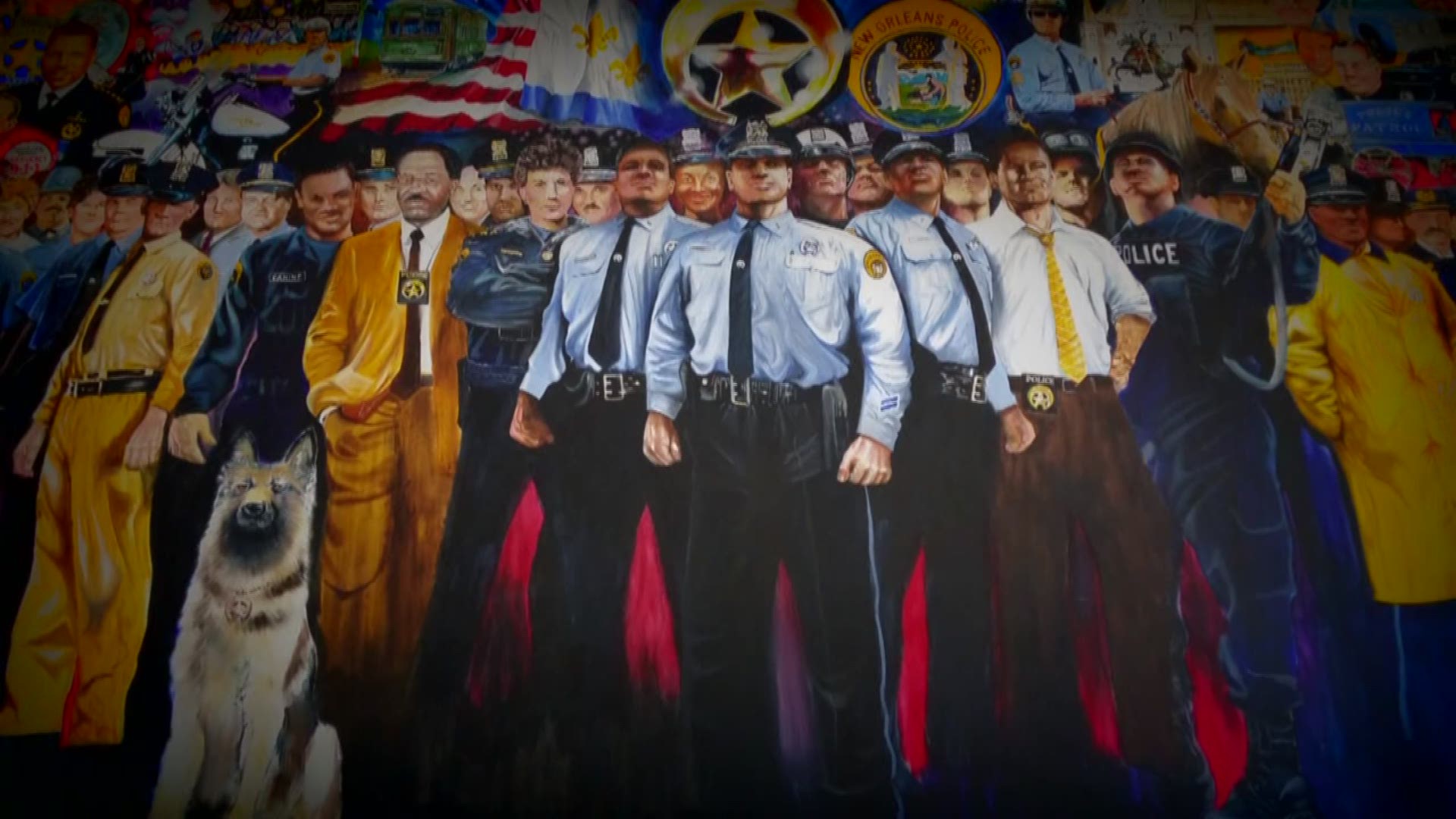NEW ORLEANS -- New Orleans police have dramatically curbed their practice of logging 911 calls as “unfounded” if officers can’t find anyone at the scene when they arrive, according to a statistical analysis by WWL-TV and The New Orleans Advocate. The “unfounded” designation has nearly doubled since 2010 as police response times have skyrocketed.
The change follows a policy shift ordered by Superintendent Michael Harrison in the wake of the news organizations’ joint investigative series, “NOPD: Call Waiting,” which revealed an alarming increase in response times as the number of police officers has diminished.
Officers previously marked up to 17 percent of 911 calls as “unfounded,” which means officers are not required to take follow-up action and keeps such incidents from being recorded in the city’s crime statistics.
Harrison’s new policy requires officers to mark calls as “gone on arrival,” or GOA, and police supervisors are now required to contact the initial caller to determine if a crime actually occurred. With response times often being measured in hours – and sometimes days – it has become increasingly common for officers to respond to calls and find that victims abandoned the scene.
NOPD officers marked calls “unfounded” 138 times a day on average before late October, according to a review of department statistics by former city crime analyst Jeff Asher.
After the problem was highlighted and Harrison was forced to address the policy at a City Council hearing, statistics show that officers marked only 45 incidents in total as unfounded between Nov. 3 and Nov. 15.
Over the same time period, as the “unfounded” designations have dropped, the use of “gone on arrival” has tripled, according to the statistics.
“NOPD: Call Waiting” revealed that long response times were causing officers to report many serious crimes as unfounded, including an alarming road rage attack at Frenchmen and Decatur streets that left a tourist paralyzed. Officers took 40 minutes to respond to the simple battery call involving Doug David, marking the call unfounded when they couldn’t find a victim.
The officers did not bother to check University Medical Center, where David was lying paralyzed from the neck down for 10 days before an outcry from his friends and family led a detective to finally take a police report.
Harrison ordered a wholesale shift away from the use of the marking in late October.
Capt. Mike Glasser, president of the Police Association of New Orleans, said the policy shift has not truly addressed the underlying problem. Instead, Glasser said the new policy is adding another time-consuming task to supervisors’ plates.
Glasser said that only an expanded force, which at present is down roughly 400 officers from the nearly 1,600 officers who were on the force in 2010, can get to crime scenes sooner, allowing them to find more victims and witnesses and collect more evidence.
“The policies to follow up calls were already in existence, it just wasn’t enforced,” Glasser said. “But the real problem still remains. Too many calls, not enough cops.”
Donovan Livaccari, spokesman for the Fraternal Order of Police, also said the primary focus should be on responding to calls faster, not how they are designated after-the-fact.
"At some point you reach a level where you either have the boots on the ground or you don't have the boots on the ground,” Livaccari said. “And I think that's the direct correlation with the response to calls for service.”
In another move to shorten response times, Harrison has also pushed district commanders to stagger when officers arrive for shift changes, when calls back up and response times spike.
Asher’s analysis found that after response times have steadily been dropping since they peaked over the summer. Harrison said he wants to continue the trend through a series of additional initiatives, including handling non-violent property crime reports over the telephone and an aggressive hiring push to boost the numbers of new cops.

